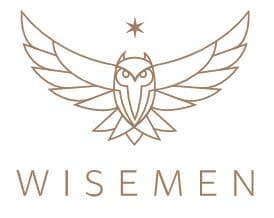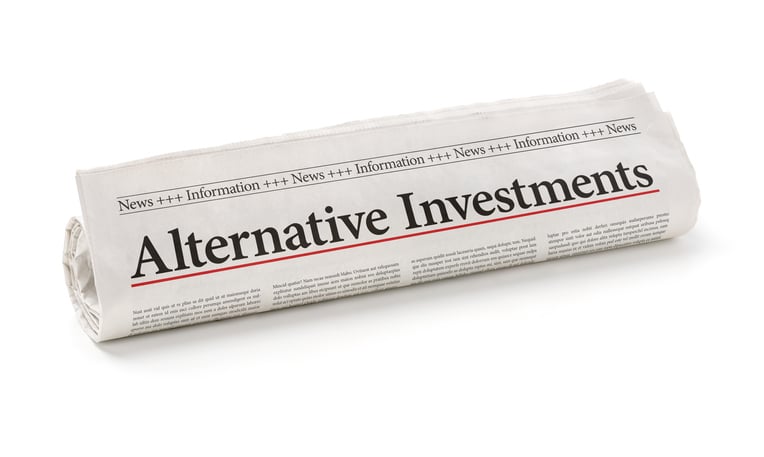While genetics certainly play a role, the overwhelming majority of our health outcomes are a product of our nourishment (including the content our brains consume!), rest, activity, and habits. Wherever you are in your health journey, consider these four steps to improve your health.
1. Eat The Rainbow
Phytonutrients—special plant chemicals that interact with your biology – can act like switches on your DNA to heal your body (called epigenetics). Phytonutrients can be found in blueberries, arugula, broccoli, bok choy, raspberries, purple cabbage, and more. Functional medicine practitioner, Dr. Mark Hyman, suggests making vegetables the bulk of your meals, and add in a small serving of quality protein, like grass-fed meats, organic or pasture-raised poultry, or wild-caught fish, while also being generous with healthy fats (think: avocado, nuts, seeds, and olive oil).
2. Do Not Neglect Your Sleep
Our screens (TVs, laptops, smartphones etc.) all emit blue light. This confuses our body and suppresses melatonin which impacts the quality of our sleep and can disturb our circadian rhythm. Consider purchasing blue light blocking glasses and/or not looking at your phone or TV for at least one hour (ideally two) before going to sleep.
Upon waking up, consider starting your morning with meditation/journaling, 15 minutes of sunlight, and a tall glass of water.
Keeping your room cool and dark and maintaining a consistent sleep and wake schedule also help support a healthy sleep routine.
3. Move Your Body
No, you don’t need a gym. All you need is your body and a little bit of space for some HIIT, yoga, or stretching. Exercise increases the number of mitochondria – or the “powerhouse” of the cell – improving your body’s ability to produce energy. In other words, the more mitochondria you have, the more energy you can generate during exercise, the faster and longer you can exercise, and the more resilient you become to aging, illness, and disease.
Here are three workouts on YouTube. They are for different levels of fitness, so be sure to consult your trainer or physician if you’re just getting started:
4. Reduce Stress and Anxiety
One of the risk factors for worsened COVID-19 is fear and anxiety, which, let’s face it, most folks have been struggling with throughout 2020 and 2021. We can’t change the facts, but we can change our response to what is happening around us. Just taking the time to breathe, do a digital detox, spend time in nature, connect with loved ones, and do joyful things can significantly reduce anxiety. Eating whole, balanced meals reduces anxiety because it keeps our blood sugar balanced.
Take note of how you spend your time daily and what sorts of inputs you allow into your life. If you are constantly doing things that feed your anxiety, it’s time for some habit changes. Make a list of things that reduce feelings of stress and anxiety, and make time for them daily.
Takeaway:
Start with these four simple strategies to improve your health, and you’ll be surprised at how much better you feel. For the men, also be aware of the upcoming Men’s Health Retreat with The Wisemen Project.




